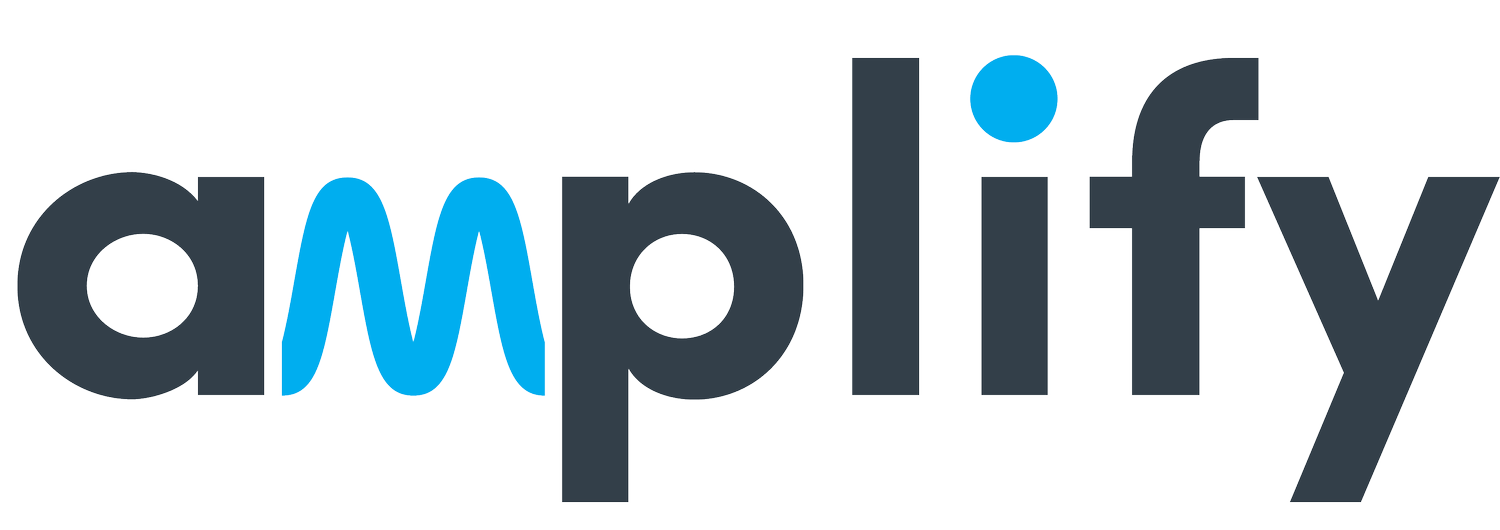FAQ
-
A Charge Point Operator (CPO) in the context of electric vehicles (EVs) is a company or organisation responsible for the installation, operation, and maintenance of EV charging stations (also known as charge points).
-
In the UK, ultra-rapid charging refers to EV chargers that deliver power at 100 kW or more, typically 150 kW to 350 kW, enabling very fast charging times — especially useful for long-distance travel or fleet vehicles.
These chargers use DC (Direct Current) and are designed to charge compatible EVs in 15–30 minutes, depending on battery size and charger power.
-
Rapid chargers are one of two types – AC or DC [Alternating or Direct Current]. Current Rapid AC chargers are rated at 43 kW, while most Rapid DC units are 50 kW. Both will charge the majority of EVs to 80% in around 45-90 minutes (depending on battery capacity).
-
The Back Office is a centralised software system used by Charge Point Operators (CPOs), eMobility Service Providers (eMSPs), or fleet managers to:
Monitor charging stations
Handle user sessions and billing
Manage access, pricing, and maintenance
Integrate with roaming networks and payment platforms
-
Currently there are four different connector types. however we can expect these to evolve in the future as VW Group and Porsche have already indicated that their new generation of vehicles will be able to charge at 350kW DC.
-
A feeder pillar is a lockable metal cabinet that houses electrical components (like breakers, fuses, meters, contactors) and acts as the intermediate distribution point between the electricity source and the EV chargers.
-
In EV charging, a Payment Services Provider (PSP) is a third-party company that enables secure, compliant processing of payments from EV users for charging services.
A PSP handles the financial transaction infrastructure behind EV charging — ensuring that users can pay for charging sessions using credit/debit cards, mobile wallets, RFID cards, or apps, and that the funds are securely processed and settled.
-
A roaming partnership in EV charging is an agreement between two or more EV charging networks (usually between CPOs and eMSPs) that allows EV drivers to use chargers from different networks seamlessly, with a single account, RFID card, or app.
Roaming means that an EV driver can access, start, and pay for charging sessions on third-party charging networks without needing to sign up for a separate account or app for each one.
-
National Electricity Registration Scheme (NERS). As part of an ongoing process to introduce competition to the electrical service market, we operate the National Electricity Registration Scheme (NERS) on behalf of the UK Distribution Network Operators (DNOs). NERS is managed and administered by Lloyds Accreditation.
-
An ICP is a company or entity authorised to carry out electrical connection works on the electricity distribution network — including those required to connect EV charging infrastructure to the grid.
-
Non-contestable work is work that can only be undertaken by the host Distribution Network Operator (DNO). For example the DNO is the only body permitted to determine the point of connection to the network.
-
Contestable work may be undertaken by a suitably accredited Independent Connections Provider (ICP). On completion the contestable works will then be adopted by the local DNO and integrated into their distribution network.
-
An Independent Distribution Network Operator (IDNO) is an accredited company with a wider scope than an ICP. After building a local electricity network, it will continue to own the local network and provide maintenance and 24-hour fault repairs.
Each of the 14 DNOs covers a separate geographical region of Great Britain. IDNOs own and operate smaller networks located within the areas covered by the DNOs. IDNO networks are mainly extensions to the DNO networks serving new housing and commercial developments.
These are the currently licensed IDNOs:
Energy Assets Power Networks Limited
Energetics Electricity Limited
ESP Electricity Limited
Fulcrum Electricity Assets Limited
G2 Energy IDNO Limited
Harlaxton Energy Networks Limited
Independent Power Networks Limited
Leep Electricity Network Limited
Murphy Power Distribution Limited
The Electricity Network Company Limited
UK Power Distribution Limited
Utility Assets Limited
Utility Distribution Networks Ltd
Vattenfall Network Limited
IDNOs are regulated in the same way as DNOs, except the IDNO licence does not have all the conditions of the DNO licence.
-
An Independent Connections Provider (ICP) is an accredited company that is entitled to build electricity networks to the specification and quality required for them to be owned by either a DNO, such as UK Power Networks, or an IDNO.
